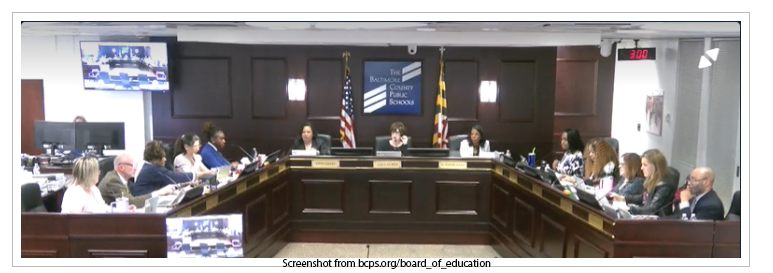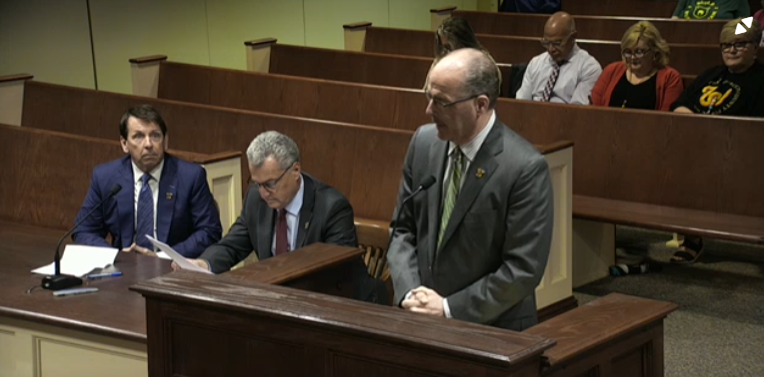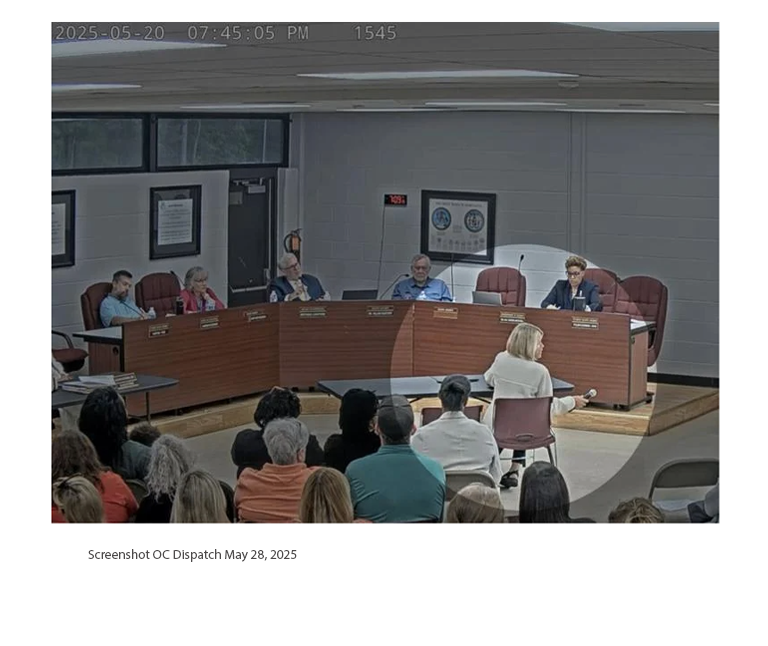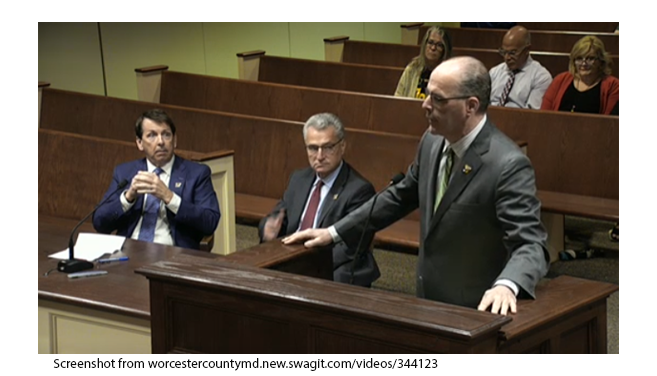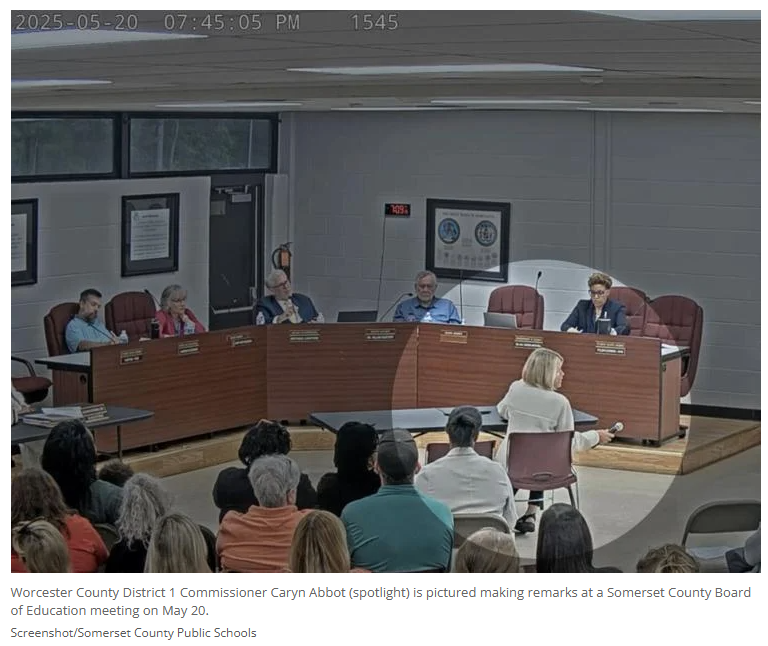
3 Principles to Help School and District Leaders Build Better Relationships With Teachers
Building strong relationships with teachers—a perennial priority for school and district leaders—has become even more important as schools rebound from the difficulties of the past few years.
Communication, capacity building, and a willingness to fail are all key tenants of good leadership and good relationship building, said Darin Thompson, a principal in Henrico County, Va., and Richard Tomko, the superintendent of New Jersey’s Belleville Public Schools and a 2023 Education Week Leader to Learn From. Both spoke at the Education Week Leadership Symposium this month.
Here are three big principles of strong relationship-building they emphasize:
1. Be willing to listen
Thompson gives his teachers a chance to talk about things that they are unhappy with, and brainstorm possible solutions.
“I created just the opportunity for them to come and share and vent, but then the conversation has to pivot,” he said. “How do we develop solutions? Because if we don’t pivot in that regard, we begin to have those conversations in the break room that create a toxic undercurrent. Let’s talk through some solutions so we can navigate professionally and productively.”
2. Be willing to make mistakes, and allow others to make them too
No leader should expect to execute their vision flawlessly, and strong leadership is about owning your missteps, Tomko said.
“It’s OK to make the mistake. It really is. It’s OK to say you made a mistake,” Tomko said. “It’s OK to say you’re sorry. It’s OK to step back from it and get better. We can all be successful.”
And it’s important to make sure your team realizes that they can also learn from mistakes, he added.
“You can’t micromanage as a leader. If you think you’re doing it now, you have to take a step back,” Tomko said. “People are gonna make mistakes. … That’s how we get to the answer we need to get to.”
3. Help teachers develop their own leadership skills
Developing a strong cadre of colleagues is essential for transformational change, Thompson said. “I believe fully in building capacity around the talent that surrounds me, because one person can’t do it all,” he said. “And if I’m not building capacity within my team, we’re going to keep hitting our heads against the wall, seeing the gaps [in] outcomes and things of that nature.”
Ensuring that your team members are as strong as possible is also important for succession planning, Tomko added. “When you leave one day, who’s going to make sure that all those programs stay in place? All those programs you put in, who’s going to take that over when you leave? Does it all go away?”
Dig Deeper With Our Longreads
Newsletter Sign up to get our best longform features, investigations, and thought-provoking essays, in your inbox every Sunday.
The MEN was founded by John Huber in the fall of 2020. It was founded to provide a platform for expert opinion and commentary on current issues that directly or indirectly affect education. All opinions are valued and accepted providing they are expressed in a professional manner. The Maryland Education Network consists of Blogs, Videos, and other interaction among the K-12 community.


